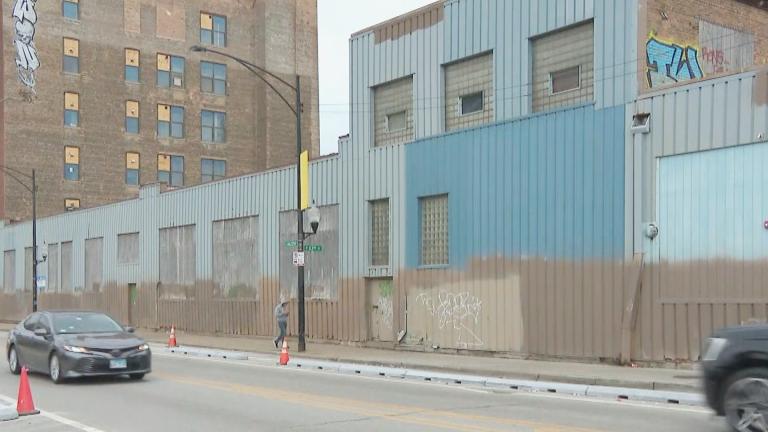In 2006, documented racial disparities within the U.S. organ transplant system influenced a Northwestern Medicine transplant surgeon to start a culturally sensitive organ transplant program with the Latino community in mind.
Dr. Juan Carlos Caicedo, who was born in Colombia, said his team of 50 medical professionals at Northwestern Medicine’s Hispanic Transplant Program help break down language and cultural barriers for the Latino community, which represents about 28% of Chicago’s population, according to 2019 census estimates.
“To be able to do it in their own language – knowing their culture, because our team is bilingual and bicultural — and removing all the language barriers and cultural barriers, we have been able to engage them in a positive way,” Caicedo said. “We have transformed the way that they’re thinking and looking at … organ transplantation.”
In 2019, a smaller percentage of Hispanic patients on waiting lists received organ transplants compared to white patients, according to U.S. Department of Health and Human Services data.
According to a website by the health agency: “The number of organ transplants performed on Hispanics in 2019 was about 29 percent of the number of Hispanics currently waiting for a transplant. The number of transplants performed on white Americans was 47.6 percent of the number currently waiting.”
Beyond language barriers, Caicedo said access to health care is a major reason for this disparity.
In examining deceased U.S. organ donors from 1988 to 2008, 10.6% were Hispanic, 12.4% were Black and 73.9% were white, according to data from the United Network of Organ Sharing, the national nonprofit managing the U.S. organ transplant system.
Caicedo said part of the Hispanic Transplant Program’s objective is dispelling common myths, like the belief that medical teams won’t try to save the lives of organ donors admitted to the emergency room.
“Always – physicians are going to take care of their patients and try to save their lives – that’s the first myth about deceased donation,” Caicedo said. “Everybody that is going to be saved can be saved, but if somebody dies, God knows the organs are needed here on Earth.”




